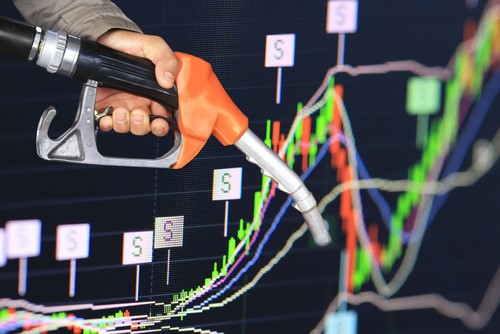Rising oil prices hurting PH economy growth
- August 10, 2018
- 0

Chief Economist of IHS Markit Asia Pacific Rajiv Biswas said in a statement that the country faces “a more challenging economic outlook” after the release of the gross domestic product (GDP) for the second quarter of the year.
“With the GDP growth rate in Q2 2018 moderating to 6 percent, the lowest year-on-year pace of growth since Q3 2015, the Philippines government and central bank face a more challenging economic outlook of softening growth momentum and rising inflation,” Biswas said.
“A key risk to the near-term outlook is from the risk of further rises in world oil prices, which could push inflation higher and force more BSP rate hikes during H2 2018 and in 2019,” he added.
Inflation rate jumped to 5.7 percent in July, the highest inflation rate in the last five years.
With rising oil prices coupled with a weaker peso, price pressures in the domestic market are expected to result in the Banko Sentral ng Pilipinas (BSP) raising key policy rates as much as 100 basis points for the second half of 2018.
Tokyo-based investment house Nomura proposed to BSP to add another 100 basis points rate hike for the rest of the year.
Last month, Deutsche Bank predicted the central bank to hike interest rates by 100 basis points for the H2 2018 and another 50 basis points in 2019.
“With the BSP having commenced a monetary policy tightening cycle, the impact of higher policy rates will also be a moderate drag on GDP growth over coming quarters,” Biswas noted.
According to Biswas, additional risks to country’s economic growth is the growing trade war between the United States and China that “have some negative impact on Philippines manufacturing exports.”
Source 1